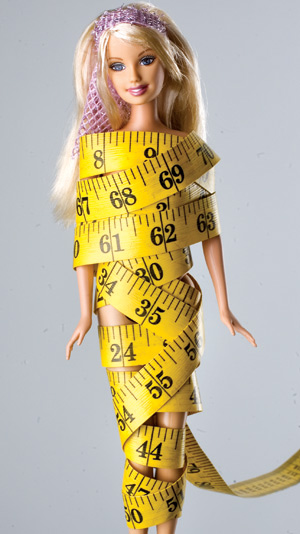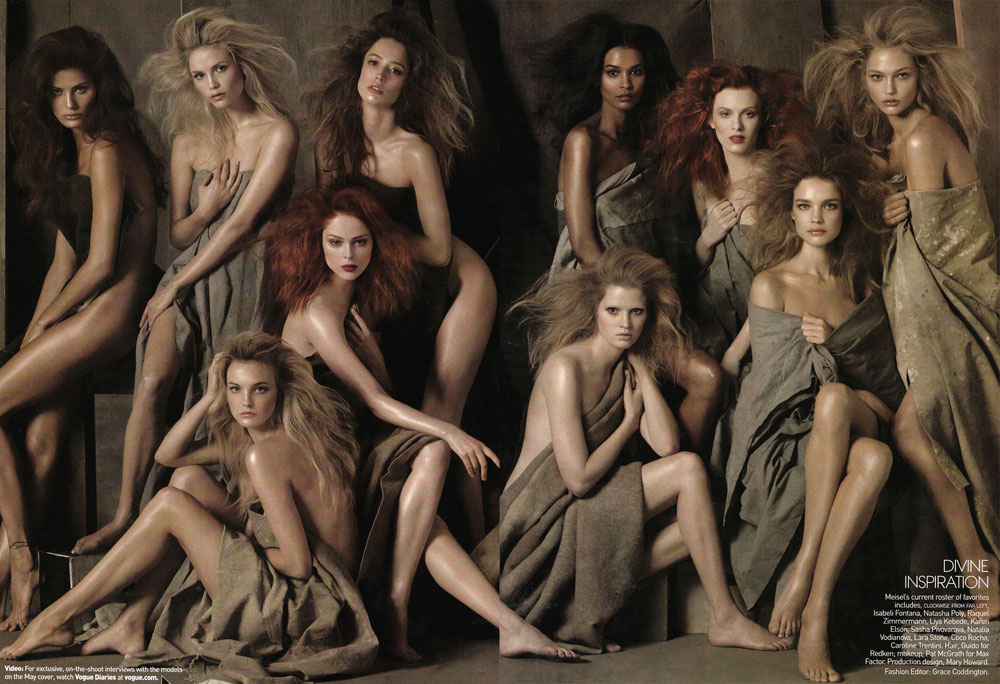This excerpt from The Handmaid’s Tale by Margaret Atwood, shows Offred talking to the Commander about love and her thoughts and memories of it. In Gilead, no one loves anymore, love is just a memory. When Offred speaks in a tone that portrays her mixed views towards love. Atwood also uses diction to show that Offred tries to hide that she is actually talking about her own memories and past. She also uses strong comparisons and imagery to depict her feelings of loss as well as her feelings of relief and pain that love has given her.
Offred clearly depicts mixed views on love through her changing tone. She uses words like “lovely” to describe love, only to be followed with the word “dire” in the very same sentence. These two words are opposite in nature, yet Atwood chooses to use both to describe one thing. This shows Offred’s very ambiguous feelings toward love, not sure if it had caused more happiness or more pain. She describes love as “dumb“, but “amazing“; it was “precarious“, but her friends had been “evasive” about it.
As Offred tells the Commander her thoughts on love, she repeatedly gives examples using the words "you" and "we" rather than using "I". This shows that even though it is clear that she has experienced the things she describes, it also shows that she is uncomfortable with the Commander knowing these details about her. She doesn't want to make it seem like its her own stories, though we can already tell. The last paragraph of the excerpt contains a lot of emotion, and the questions Offred asks seem highly personal, though she uses the word "you" throughout this paragraph, in the last sentence "What if he doesn't love me?", she uses first person.
Love is compared to God and god is compared to Love.
Sunday, November 21, 2010
Tuesday, November 16, 2010
Duped By Feminism
 By the 20th century, many considered women to have finally reached the same point that men have always seemed to be at. This can't be a bad thing, finally all that feminism has gotten us exactly what we wanted, equality, rights, freedom. Susan Faludi talks about how all this freedom and equality has brought about miserable women in her article, Blame it on Feminism. The more independent women become, the more unhappy they become. The reason for this unhappiness is loneliness, loneliness caused by the independence women had finally achieved. "It must be all the equality that's causing all that pain. Women are unhappy precisely because they are free. Women are enslaved by their own liberation." Women have achieved such high statuses, they have gotten all that they could have wanted professionally, but they miss getting married, having children, "the greatest female adventure", as Faludi describes it. Even if women were suppressed, their greatest pleasures came from men, and without men they were alone, childless, husband-less, even if they had a wonderful career to support them. With feminism women were so caught up in being equal to men, equal but separate, free, independent of men. And that is exactly what happened, it goes to show that women are defined by men, by the society, showing that they are not completely liberated yet. "Women have a way to go before they enter the promised land of equality." Before they get there, they need to find their own identity.
By the 20th century, many considered women to have finally reached the same point that men have always seemed to be at. This can't be a bad thing, finally all that feminism has gotten us exactly what we wanted, equality, rights, freedom. Susan Faludi talks about how all this freedom and equality has brought about miserable women in her article, Blame it on Feminism. The more independent women become, the more unhappy they become. The reason for this unhappiness is loneliness, loneliness caused by the independence women had finally achieved. "It must be all the equality that's causing all that pain. Women are unhappy precisely because they are free. Women are enslaved by their own liberation." Women have achieved such high statuses, they have gotten all that they could have wanted professionally, but they miss getting married, having children, "the greatest female adventure", as Faludi describes it. Even if women were suppressed, their greatest pleasures came from men, and without men they were alone, childless, husband-less, even if they had a wonderful career to support them. With feminism women were so caught up in being equal to men, equal but separate, free, independent of men. And that is exactly what happened, it goes to show that women are defined by men, by the society, showing that they are not completely liberated yet. "Women have a way to go before they enter the promised land of equality." Before they get there, they need to find their own identity.Feminist: a woman who has in her the capacity of fighting her way back to independence.
Tuesday, November 9, 2010
Female Liberation and Female Beauty
In The Beauty Myth, Naomi Wolf describes beauty as judgment for women. She claims that women are forced to conform to the society's beliefs of beauty. Wolf writes that as women become more and more liberated and "the more legal and material hindrances women have broken through, the more strictly and heavily and cruelly the images of female beauty have come to weigh upon us". Essentially women are undoing the equality they have achieved or are achieving by judging themselves according to beauty. The beauty myth is female beauty used as a political weapon against women's advancement; Wolf compares this to the old feminine ideologies that once had control over women. The “successful womanhood” used to be characterized as by the perfect housewife, cleaning and cooking, taking care of the children at home, now the this womanhood is characterized by “the gaunt, youthful model”.
I agree with Wolf to the extent that this crave that women have for being beautiful makes all of the advancements women have made seem pointless, but this is ideology of beauty is in no way recent. Women have always strived to fit the societies requirements of “good looking”, whether it is now, when women starve themselves in order to be stick-thin, or before when ‘beautiful’ was defined by other qualities. “The quality called ‘beauty’ objectively and universally exists. Women must want to embody it and men must want to possess women who embody it.” Men have always waned to "possess" women who are beautiful, women have always wanted the best husband, being beautiful must have seemed like a way of getting him.
Monday, November 1, 2010
Aesthetic Obsession.
 We all go through that Barbie phase,you know that at some point in your life, you have admired her, every girl wants to be a Barbie Girl. You've read those fashion magazines, flipped through the glossy pages looking at the beautiful models in their beautiful clothes. We all have wished maybe at least once that we could be more like them. Taller, thinner, tanner, beautiful. This is exactly what Susan Jane Gilman, and Anastasia Higginbotham write against in their articles. As children, teenagers, and even as adults we are forced to accept a fixed definition of beautiful. Do girls who don't meet this "definition" not count as beautiful? This seems to be the general idea that the media gives off.
We all go through that Barbie phase,you know that at some point in your life, you have admired her, every girl wants to be a Barbie Girl. You've read those fashion magazines, flipped through the glossy pages looking at the beautiful models in their beautiful clothes. We all have wished maybe at least once that we could be more like them. Taller, thinner, tanner, beautiful. This is exactly what Susan Jane Gilman, and Anastasia Higginbotham write against in their articles. As children, teenagers, and even as adults we are forced to accept a fixed definition of beautiful. Do girls who don't meet this "definition" not count as beautiful? This seems to be the general idea that the media gives off.Gilman tells us how Barbie gave her the idea that she wasn't good enough, she wasn't pretty enough as a child. Barbie's characteristics are extremely fake, and her body shape is impossible to obtain, with completely wrong proportions. Yet this doll is seen as the epitome of beauty for young girls. Every girl plays with this doll, every girl admires her, loves her, wants to look just like her. Gilman tells us how this was definitely not healthy, girls of different races, beautiful in their own way, want to be blonde with bright blue eyes because thats what beauty is. "If you didn't look like Barbie you didn't fit in. Your status was diminished. You were less beautiful, less valuable, less worthy. If you didn't look like Barbie, companies would discontinue you,". As Gilman says, dolls, or really any toy, often give children an idea of what is considered important and valuable in society, it also determines for children what is "pretty" or beautiful, sadly Barbie is what determines this for young girls.
Higginbotham does almost the same thing only focusing on more of a adolescent fad, replacing Barbie dolls with teen fashion magazines. All of these magazines have photos and advertisements with breathtakingly gorgeous models, all tall and skinny. This is what will be considered beautiful by teenagers. This is what every girl wishes she looked like. Sadly, many of these models are photoshopped or have loads of make up slathered onto them. Higginbotham discusses these fashion magazines and how they convince teenage girls that there is only one kind of pretty, everyone can strive to achieve this prettiness.
This regulation of what is beautiful or what is perfect is done by the media. In The Handmaid's Tale , it was done by the school at which the handmaids were taught. Aunt Lydia, repeatedly mentioned throughout the novel, can be considered the equivalent of the media in our society, teaching what is wrong and right, good and bad, like pretty and ugly.
Subscribe to:
Comments (Atom)

